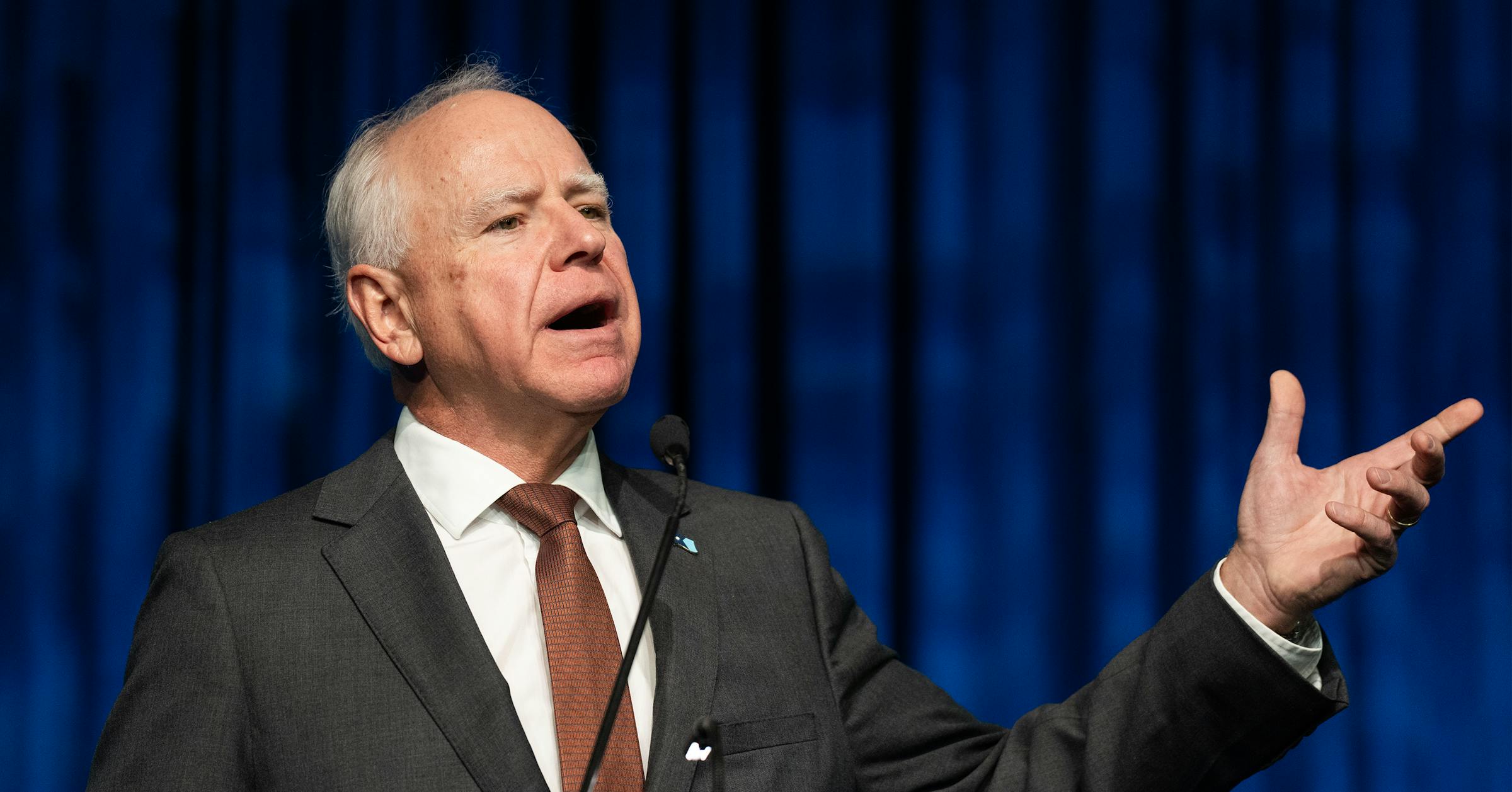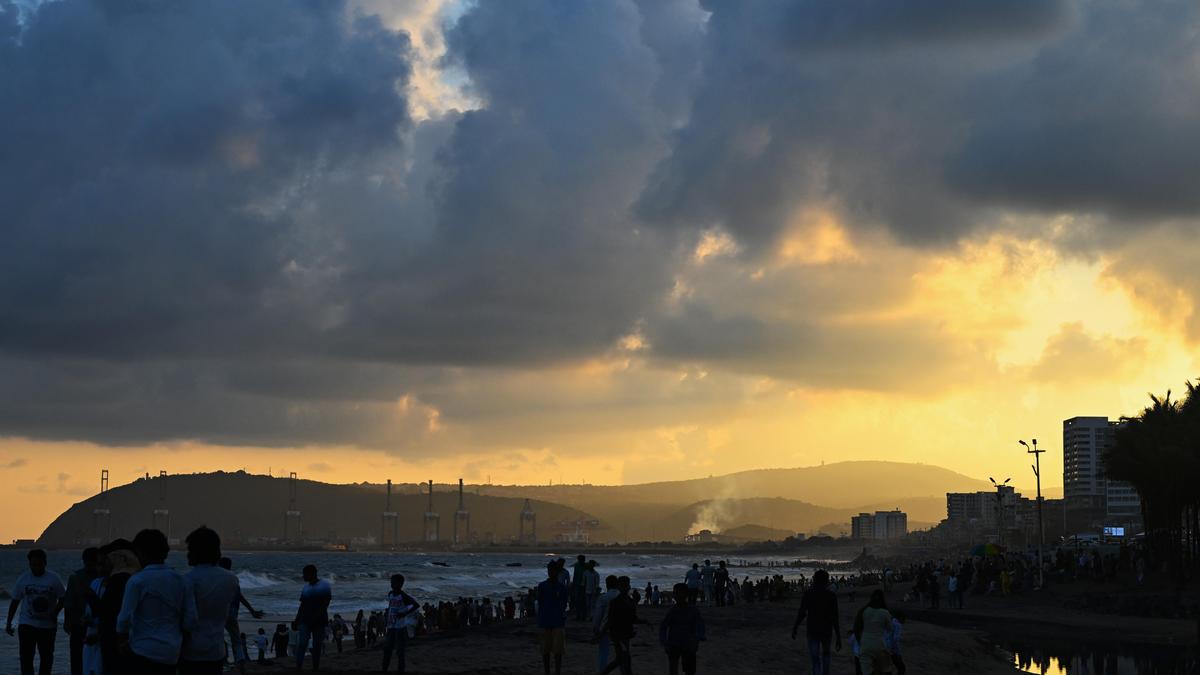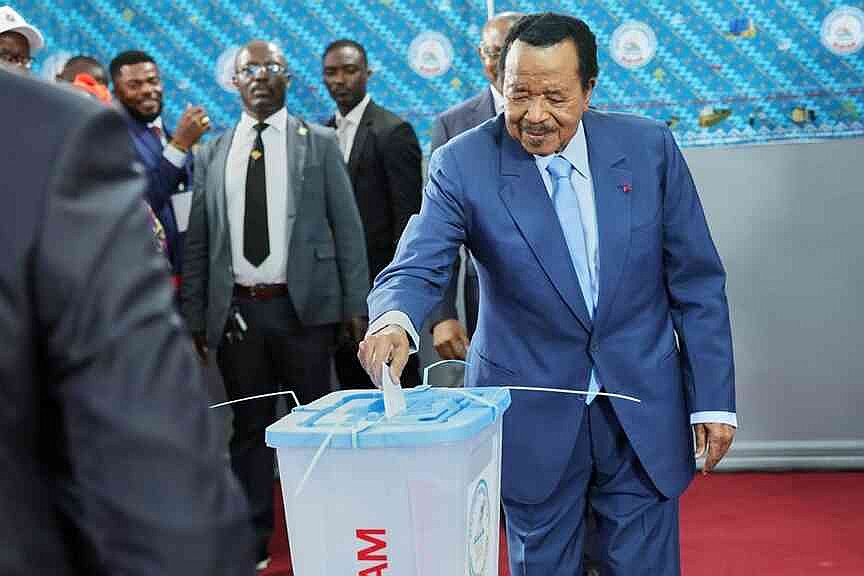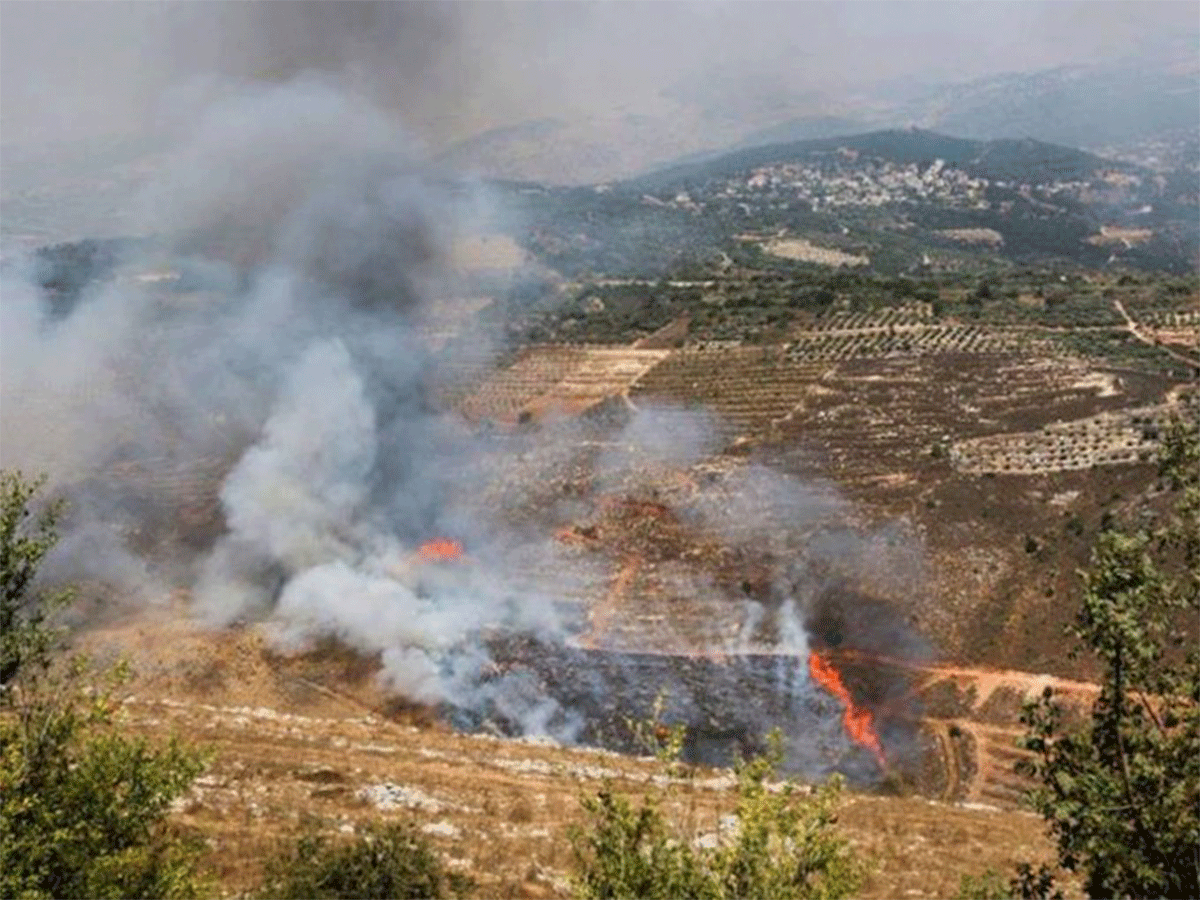Copyright dailypost
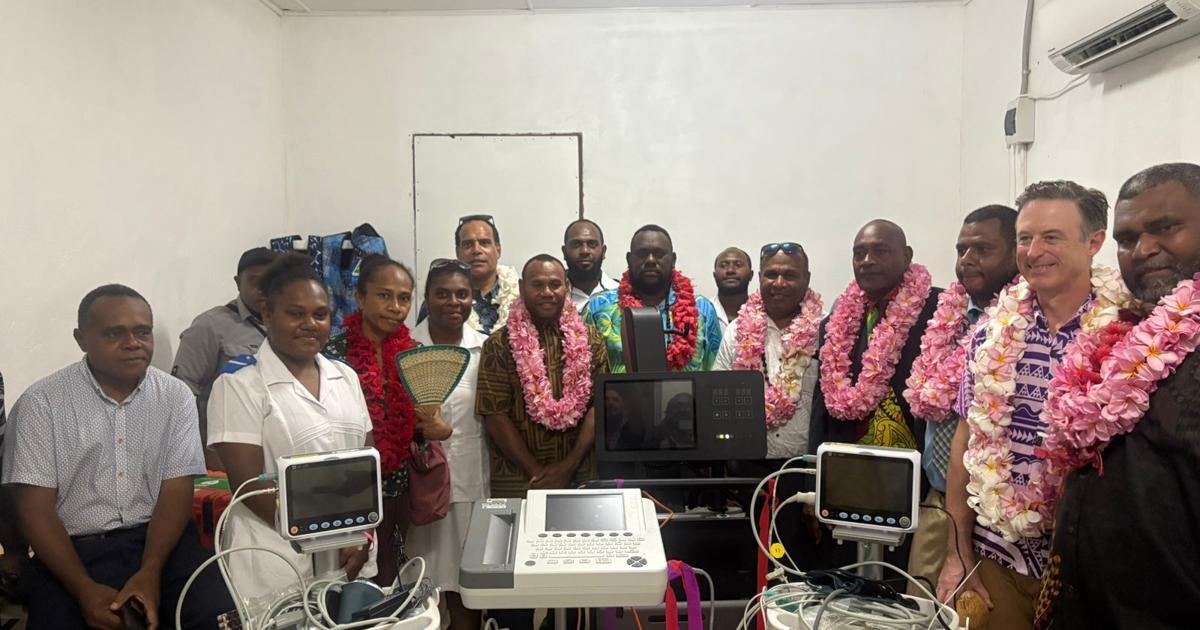
TORBA Province’s first x-ray service is now available at Quatvaes Hospital, supported by a new solar energy system from Australia’s REnew Pacific Respond Global HELPR-1 project. Quatvaes Hospital is the main healthcare provider for more than 11,000 people across Vanua Lava, Gaua, Mota Lava, Merelava, Mota, Ureparapara and the Torres Islands. The new solar and battery system gives the hospital clean, renewable energy. Combined with the gifting of an x-ray machine and other critical medical equipment at Quatvaes and a new solar system plus essential medical equipment at Bemisas Health Centre in Mota Lava, yesterday’s launch marks a profound transformation for service delivery in TORBA. Minister of Health, John Still Tari Qetu, Minister of Climate Change, Ralph Regenvanu, Member of Parliament (MP) Jean Jacques Ngwele and TORBA MPs Danny Silas and John Joseph attended events at both health facilities to celebrate the achievement, together with President of TORBA Province Edgar Howard, Secretary General (SG) of TORBA Province Albert Ruddley and Australian High Commissioner to Vanuatu, Max Willis. “Today is a milestone for TORBA,” said Health Minister Qetu. “With the province’s first x-ray machine and reliable solar power at Quatvaes Hospital and Bemisas Health Centre, our clinicians can diagnose and treat patients faster and closer to home. The TORBA community can also feel assured that they can access essential services whenever they need them, night and day.” The solar installation at Quatvaes is the largest delivered under Australia’s REnew Pacific program so far and comes with the gifting of priority medical equipment, including the x-ray machine, an ultrasound, an ECG machine, an oxygen concentrator and other vital medical equipment endorsed by the Ministry of Health. Nearby Bemisas Health Centre also received essential upgrades, with new solar power and equipment such as a blood pressure monitor with AC adapter, pulse oximeter, diagnostic set, foetal Doppler, examination light, portable fan, surge-protected powerboard and a battery recharge kit. Australian High Commissioner to Vanuatu, Max Willis, said: “X-ray services are now live at Quatvaes Hospital, with dependable solar power keeping the lights on. This investment in solar-powered infrastructure and modern diagnostic equipment is a powerful example of our enduring partnership with Vanuatu. It means mothers can give birth safely, illness and injury can be diagnosed locally and health workers can access the tools they need to save lives. Australia is proud to have partnered with the Government of Vanuatu, the Ministry of Health, the National Green Energy Fund, and Respond Global through HELPR-1 to deliver this life changing project. Australia is committed to helping build resilient communities where everyone has access to quality sustainable healthcare.” Delivered in partnership with Vanuatu’s National Green Energy Fund through Australia’s REnew Pacific, HELPR-1 is working to install 20 new off-grid solar systems and refurbish 20 more across all six provinces. The team has now reached its 30th completion, putting the team at 75% of the way to its goal of reaching more than 80,000 people in remote communities with cleaner energy, safer water and better healthcare. Dr Basil Leodoro, Director of HELPR-1 Operations at Respond Global, said: “When the power is stable, care is safer. With Australia’s backing and strong partnership from the Ministry of Health and Department of Energy, this REnew Pacific effort means we can run x-rays, keep medicines cold and treat emergencies after dark: things our patients in remote islands should always be able to count on.” These upgrades at Quatvaes Hospital are part of the broader REnew Pacific initiative, which also includes partnerships for skills development and e-waste treatment and removal. REnew Pacific is the Australian Government’s $75 million commitment to expanding clean, reliable off-grid renewable energy in rural and remote Pacific and Timor-Leste communities. Over the next five years, the program will fund locally-led projects that improve lighting, water, healthcare, education, agriculture and resilient livelihoods.
